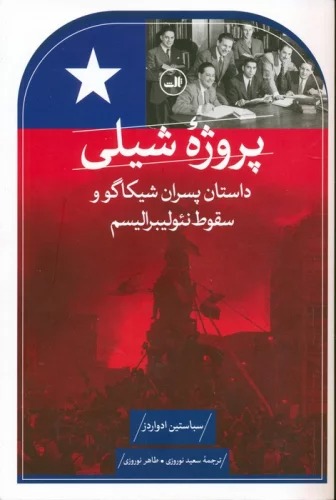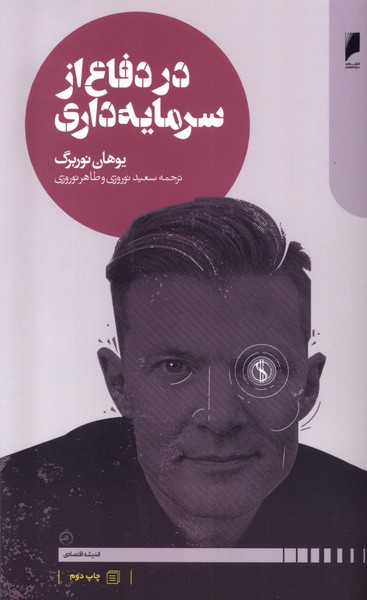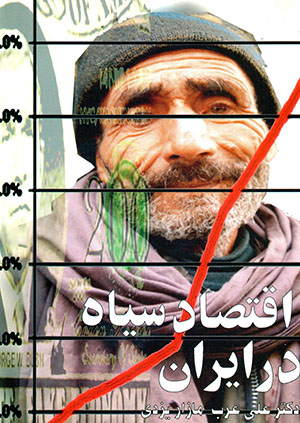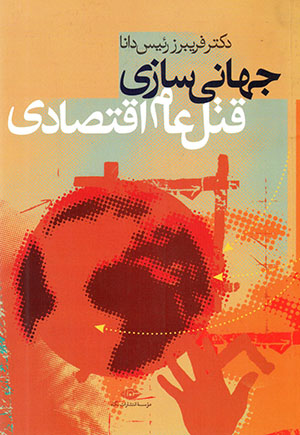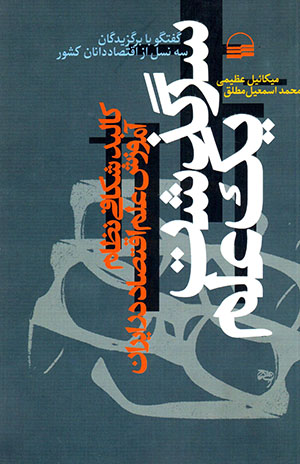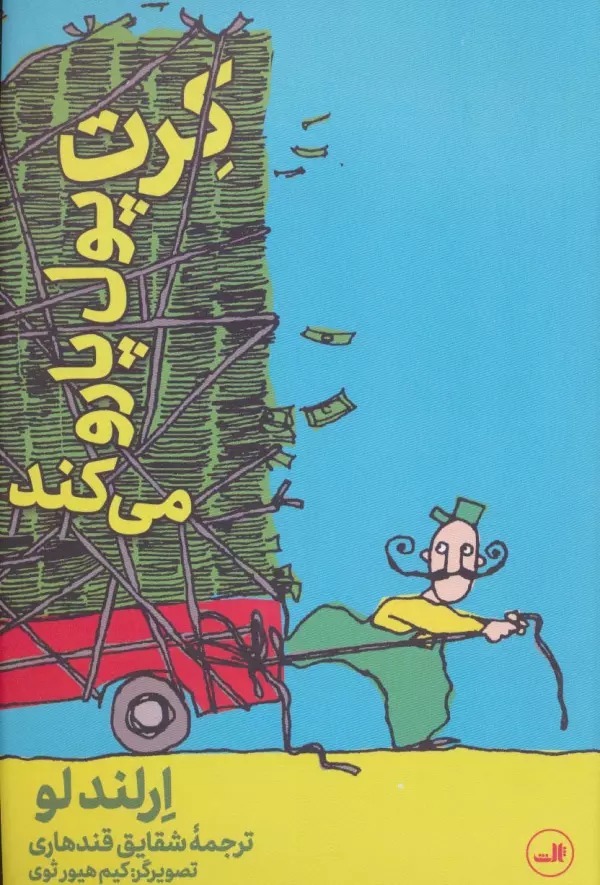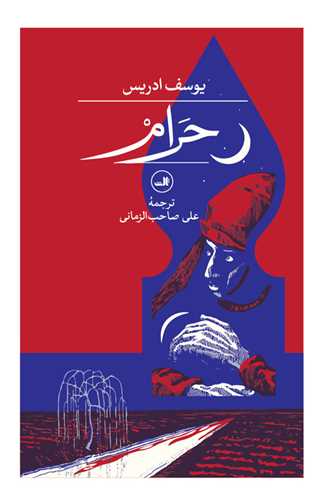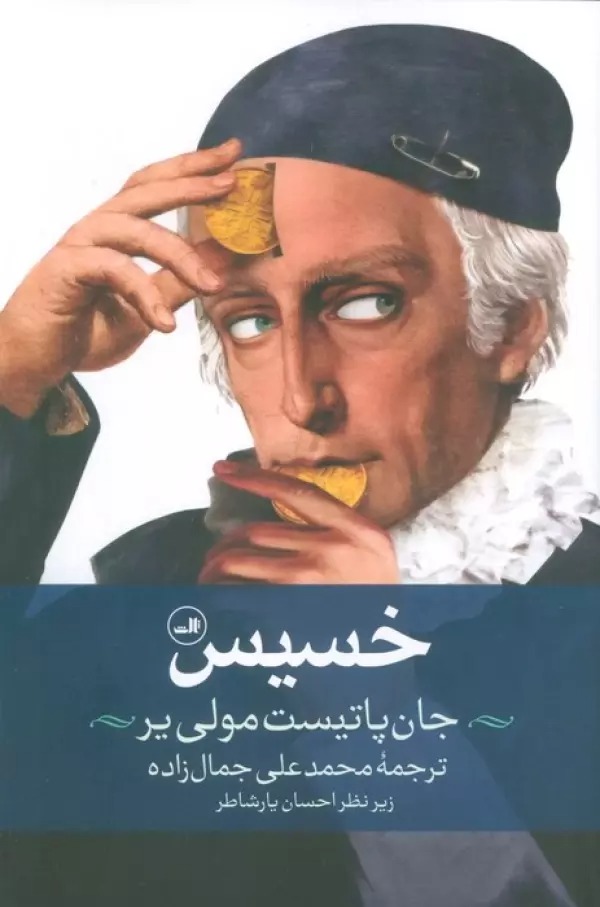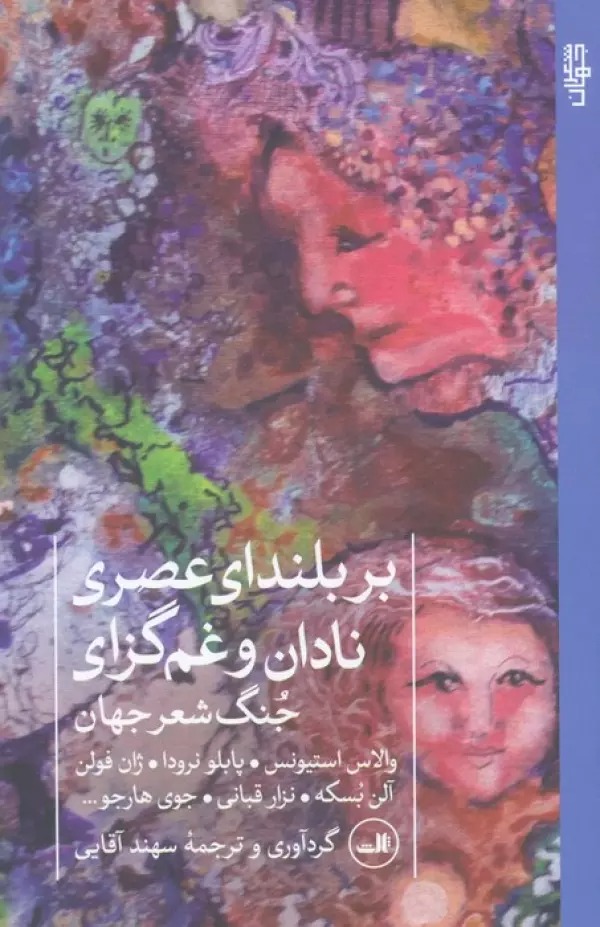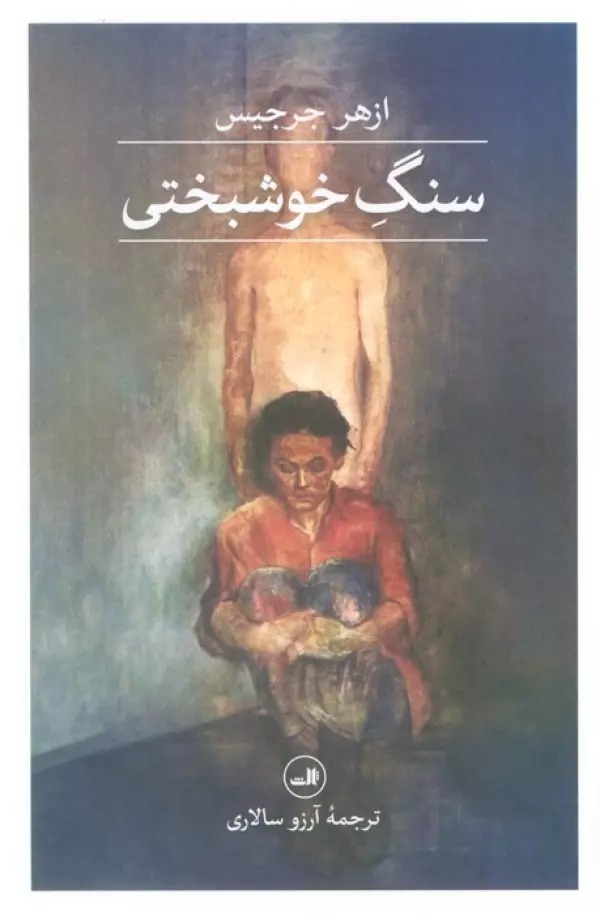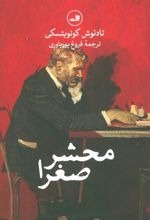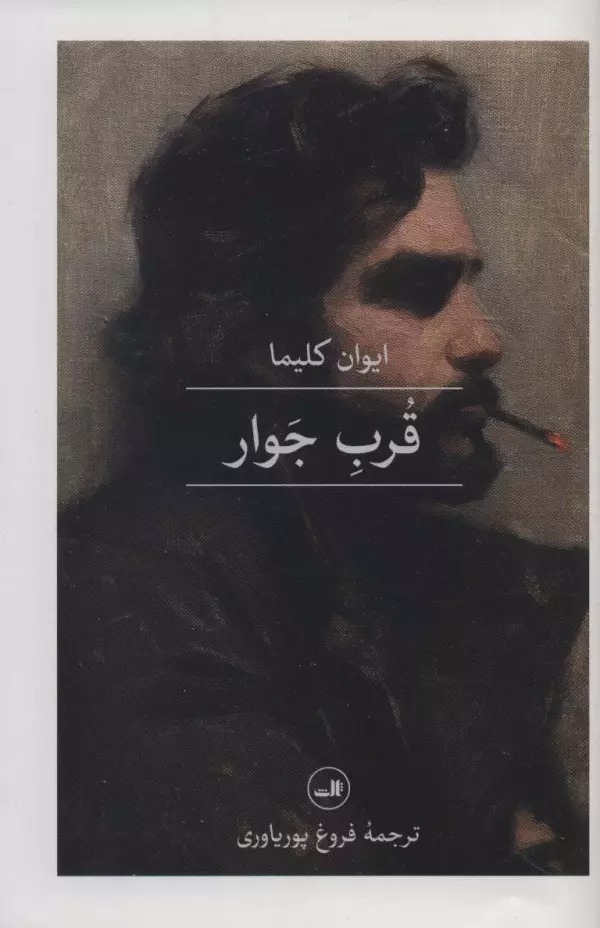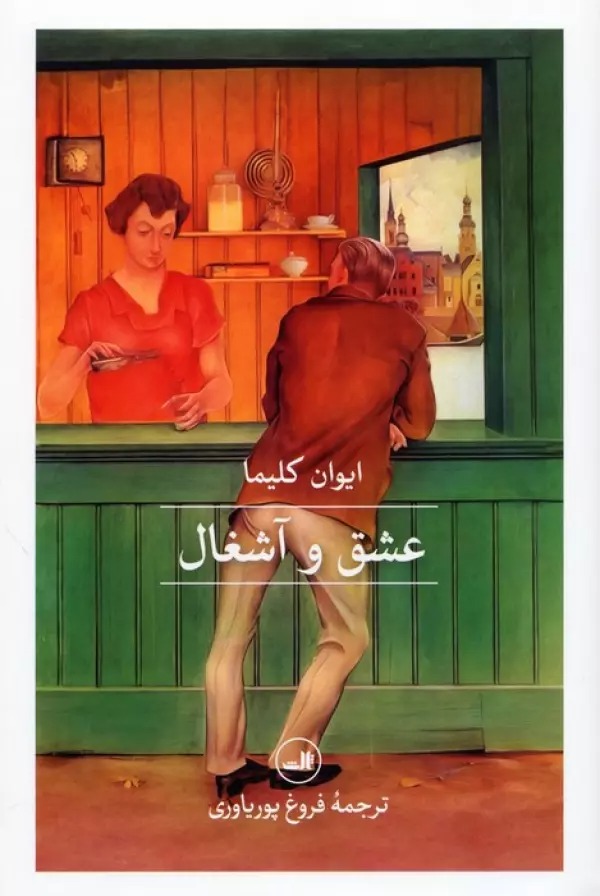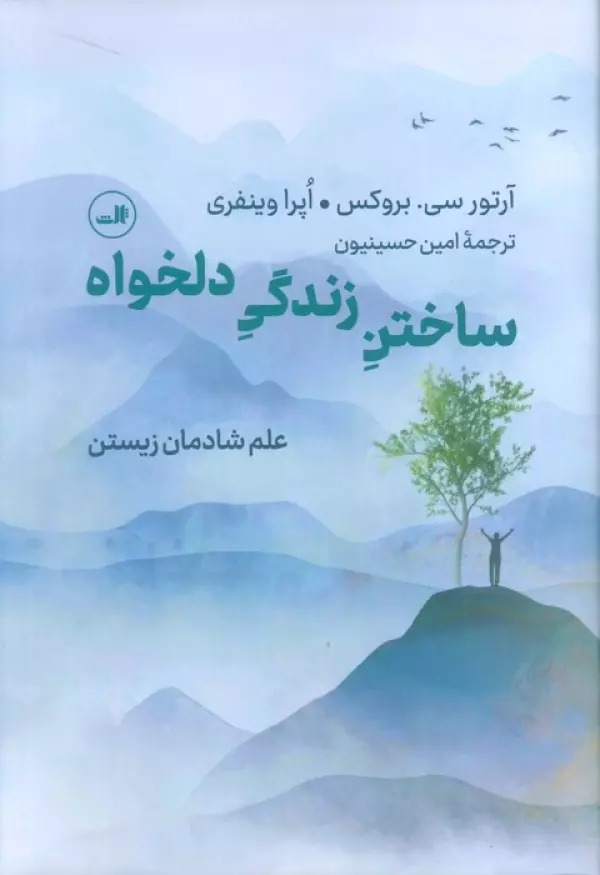Puruzhah-yi Shīlī (Dāstān-i Pisarān-i Shīkāgu va Sughūt-i Ni'ulībirālīsm): Persiska (Farsi) 1403
پروژه شیلی (داستان پسران شیکاگو و سقوط نئولیبرالیسم)
18,05 $
Dela
Wishlist
Originaltitel:
The Chile Project: The Story of the Chicago Boys and the Downfall of Neoliberalism
ISBN:
9786223840418
Översättare:
Sa'īd Nawrūzī
,
Ṭāhir Nawruzī
Förlag:
sālis
Åldersgrupp:
Vuxen
Sidor:
432
Vikt:
483 g
Produktmått:
14 x 21 x 4 cm
Bokomslag:
Pocketbok
How Chile became home to the world’s most radical free-market experiment―and what its downfall suggests about the fate of neoliberalism around the globe
In The Chile Project, Sebastian Edwards tells the remarkable story of how the neoliberal economic model―installed in Chile during the Pinochet dictatorship and deepened during three decades of left-of-center governments―came to an end in 2021, when Gabriel Boric, a young former student activist, was elected president, vowing that “If Chile was the cradle of neoliberalism, it will also be its grave.” More than a story about one Latin American country, The Chile Project is a behind-the-scenes history of the spread and consequences of the free-market thinking that dominated economic policymaking around the world in the second half of the twentieth century―but is now on the retreat.
In 1955, the U.S. State Department launched the “Chile Project” to train Chilean economists at the University of Chicago, home of the libertarian Milton Friedman. After General Augusto Pinochet overthrew socialist president Salvador Allende in 1973, Chile’s “Chicago Boys” implemented the purest neoliberal model in the world for the next seventeen years, undertaking a sweeping package of privatization and deregulation, creating a modern capitalist economy, and sparking talk of a “Chilean miracle.” But under the veneer of success, a profound dissatisfaction with the vast inequalities caused by neoliberalism was growing. In 2019, protests erupted throughout the country, and in 2022 Boric began his presidency with a clear to end neoliberalismo.
In telling the fascinating story of the Chicago Boys and Chile’s free-market revolution, The Chile Project provides an important new perspective on the history of neoliberalism and its global decline today.
more
اصلاحات اقتصادی شیلی یکی از جذاب ترین داستان های اصلاحات اقتصادی در جهان است. شیلی از 1970 تا 1973 در حال غلتیدن به سمت کمونیسم بود. اما بعد از کودتای ژنرال پینوشه، همه چیز تغییر کرد. افرادی از فارغ التحصیلان دانشگاه شیکاگو، مشهور به پسران شیکاگو، به سیاستگذاران اصلی اقتصاد شیلی تبدیل شدند. اصلاحاتی که پسران شیکاگو آغاز کردند و تا بعد از حکومت پینوشه نیز ادامه داشت، وضعیت اقتصادی شیلی را متحول کرد. در اواسط دهۀ 1980، شیلی، کاستاریکا و اکوادور درآمد سرانۀ تقریبا یکسانی داشتند و در میانۀ کشورهای آمریکای لاتین بودند. اما دو دهه بعد، درآمد سرانۀ شیلی بیش از دو برابر اکوادور و چهل درصد بیش تر از کاستاریکا بود. در سال 2020، شیلی بیش تر شبیه کشوری در اروپای جنوبی مانند پرتغال یا اسپانیا بود تا کشوری در آمریکای لاتین. اما این اصلاحات روی بشکۀ باروتی از نارضایتی اجتماعی بنا شده بود و «نابرابری» ریشۀ اصلی این نارضایتی اجتماعی بود. برای پسران شیکاگو «نابرابری» اهمیت زیادی نداشت. در مستند پسران شیکاگو در 2015، یکی از پسران مهم شیکاگو، رولف لودرز، به مصاحبه کننده گفت: «من واقعا به نابرابری اهمیتی نمی دهم... مشکل توزیع درآمد، مشکل حسادت است...» اما تداوم نابرابری بالا، به پاشنۀ آشیل مدل شیلی تبدیل شد. در 2019 افزایش اندک قیمت بلیت مترو در سانتیاگو به شورش و اعتراضات شدید منجر شد. این اعتراضات در نهایت بازنویسی قانون اساسی را رقم زد. البته مردم شیلی، در عین ناباوری، به پیش نویس این قانون اساسی جدید «نه» گفتند.
more

